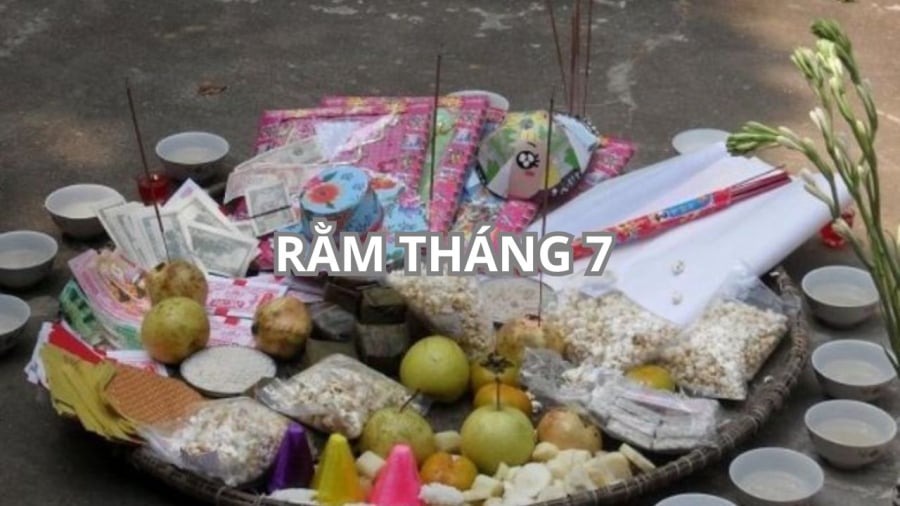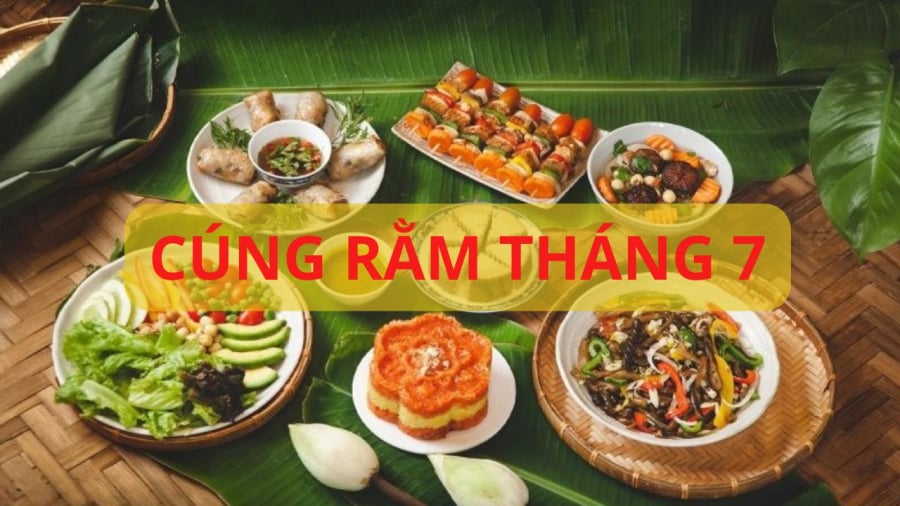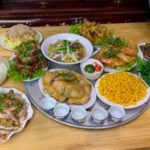The Significance of Offering Porridge, Roasted Corn, Sweet Potatoes, and Boiled Corn during the Ghost Festival
The seventh lunar month is traditionally believed to be the month of pardoning the deceased, when King Yama opens the gates of hell, allowing hungry ghosts to wander into the mortal realm. In Buddhist teachings, this month is also significant as it marks the Ullambana festival, a time for ancestral worship. This belief stems from the story of Maudgalyayana, a disciple of the Buddha, who rescued his mother from the torments of hell.
Maudgalyayana, a disciple of Buddha Shakyamuni, attained enlightenment and remembered his mother. He found her suffering in the hungry ghost realm due to her negative karma accumulated during her lifetime. Her throat was so constricted that she couldn’t consume regular food. Out of compassion, Maudgalyayana offered his mother a bowl of rice, but her greed caused her to try and hoard the food, resulting in the rice transforming into flames.

Porridge, roasted corn, and boiled sweet potatoes and corn are common offerings during the Ghost Festival
Distraught, Maudgalyayana sought the Buddha’s guidance. With compassion, the Buddha explained that Maudgalyayana’s mother had disparaged the Dharma, criticized the Sangha, lacked faith in karma and rebirth, and was exceedingly stingy, never offering charity, not even a grain of rice to an ant. As a result of her past actions, she was enduring this suffering. Although Maudgalyayana was a pious and filial son, his power alone was insufficient to liberate his mother from her karmic debts.
The Buddha advised him to wait until the fifteenth day of the seventh month, when the Sangha had completed their summer retreat, and then perform the Ullambana ceremony, requesting the Sangha’s blessings. Through the collective merit and prayers of the Sangha, Maudgalyayana’s mother would be freed from her suffering.
Following the Buddha’s instructions, Maudgalyayana prepared offerings and, on the fifteenth day of the seventh month, made donations and offerings to the Sangha, not only liberating his mother but also countless other beings from the torments of hell. Thus, the tradition of the Ullambana festival and ancestral worship in the seventh month was established.
During this month, it is customary to offer vegetarian dishes, with a special emphasis on porridge. Porridge is considered pure and is of a suitable consistency for hungry ghosts with constricted throats to consume. In addition to porridge, roasted corn, boiled sweet potatoes and corn, and fruits are offered, all of which are vegetarian options to avoid greed and attachment. Roasted corn is often given to children, while boiled sweet potatoes and corn are offered to the homeless.

It is recommended to offer vegetarian dishes during the Ghost Festival for a more peaceful ceremony
Important Considerations for the Ghost Festival
During the Ghost Festival, families usually perform rituals both indoors and outdoors. Indoor rituals are dedicated to ancestral worship, while outdoor offerings are made to hungry ghosts.
After the offerings to hungry ghosts, it is customary to scatter rice and salt in all directions and throw roasted corn to feed them. Gold and silver paper offerings are burned immediately after the ritual, but it is advisable to avoid excessive amounts to prevent fire hazards.
In some places, the offerings to hungry ghosts are left outdoors for people to take, known as the “hungry ghost grabbing” custom. It is believed that the more people participate, the better, as it signifies that the hungry ghosts have been appeased and will no longer cause trouble for the family. If no one takes the offerings, they are distributed to children, beggars, and the poor.
It is recommended to perform ancestral worship and offerings to hungry ghosts before noon on the fifteenth day. Typically, offerings to hungry ghosts are made on the evening of the fourteenth, as they are believed to be returning to hell at that time.
For reference only
The Ultimate Guide to Ancestral Worship: A Step-by-Step to Honoring Your Departed Loved Ones
The ancestral worship ritual is an integral part of Vietnamese traditional customs and culture. Honoring the deceased ancestors, grandparents, and parents is a beautiful way to connect with one’s roots and pay respect to the elders who have passed on. This guide will provide you with a detailed procedure and prayers for the ancestral anniversary ceremony, helping you navigate this important cultural tradition with ease and reverence.





































